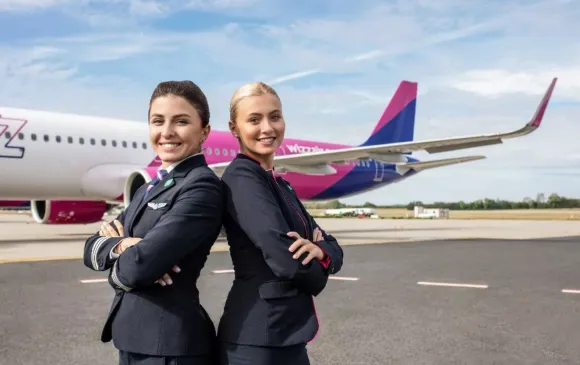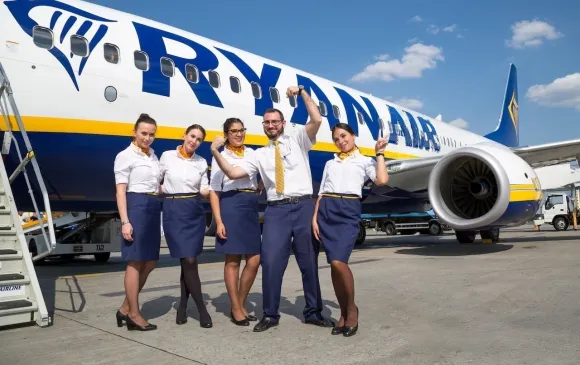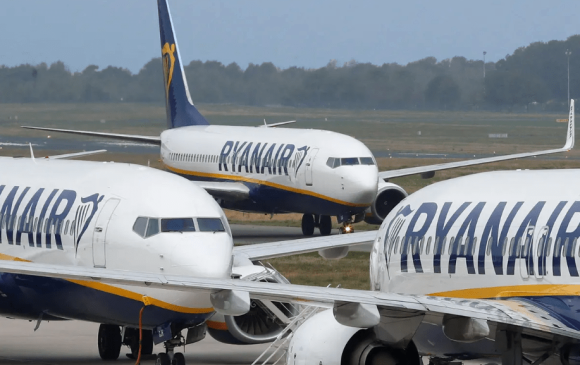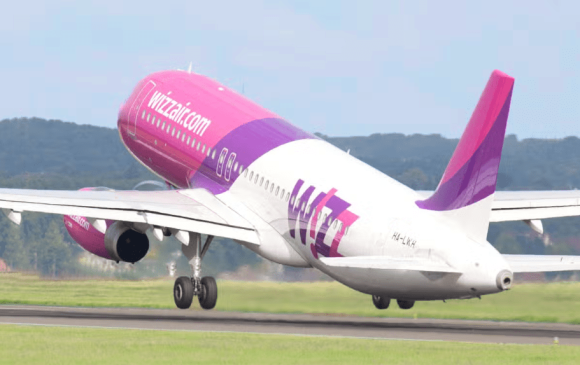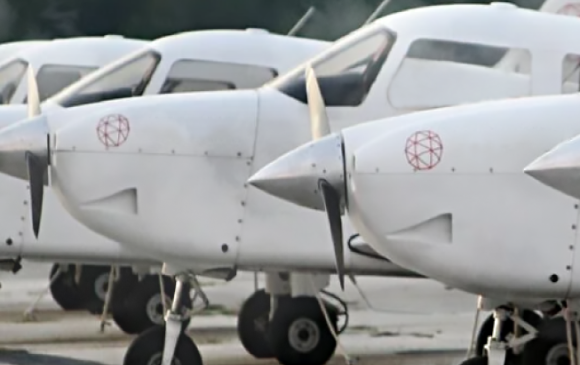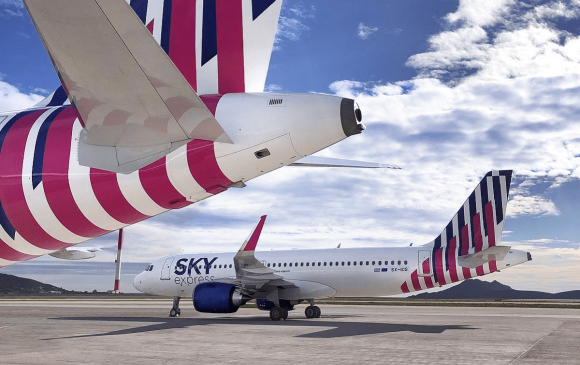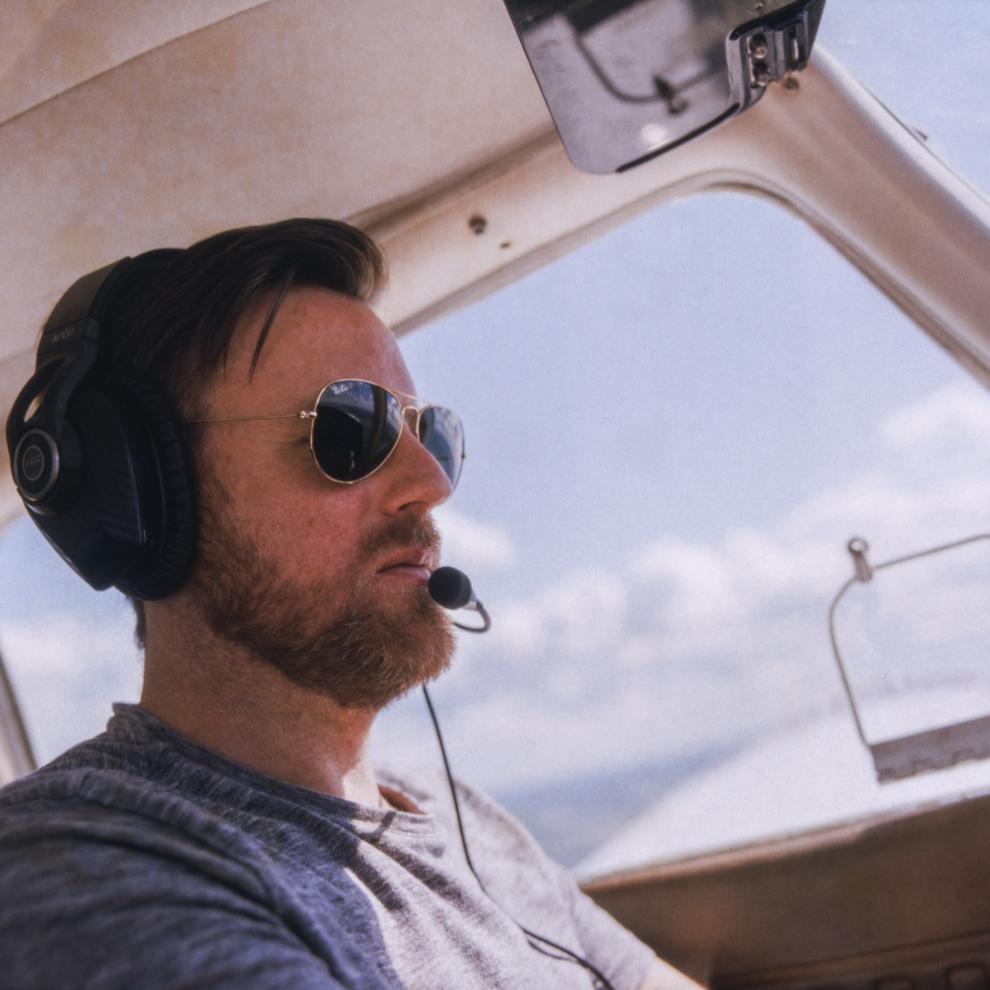Is There an Age When It’s Too Late to Start Pilot Training?
Many people consider pursuing their dream of becoming a pilot at later age in life. The reasons are as varied as they are personal. They can be lack of confidence to make a big career change, limited finances, or fear of making a major investment with no guaranteed return. As a result, many aspiring pilots wonder, “Am I too old to begin my training?”.
The good news is that there is no formal age limit for starting flight training. Most flight schools are open to training students of all ages, as long as they can finance the course. Yet, after age 40, you may want to assess your objectives. Remember, at this age, your potential career span may be around 20 years or less. This brings up an important question: is the financial and personal commitment worth the potential return? This is a decision only you can make, and everyone has a unique approach to these life questions. So, here are some factors to consider if you’re thinking about starting this journey later in life:
Key Questions to Consider
Do I Have the Financial Means to Support Myself If I Don’t Secure a Job Right Away?
Whether you are using savings, a loan, or an inheritance to fund your training, you need to understand the financial risks. Becoming pilot requires a significant investment. And there’s no guarantee of immediate employment after you graduate. Many qualified pilots take years before landing their first flying job and salary. So prepare yourself to change your lifestyle and spending habits.
In your 40s, you may have other financial commitments, such as supporting a family. Ensure that your ambition aligns with your family’s well-being before starting anything. Your dream shouldn’t turn into a financial pressure for them.

If you have used a loan, make sure the repayment terms won’t create undue stress. It’s a good idea to structure your loan so that you can afford to make payments while working a temporary job. In case it takes some time to get hired by an airline.
If you pay your training through savings or inheritance, the risk is somewhat lower, as there’s no debt to repay. The worst-case scenario is that you lose the money set aside for training. Yet, this situation is usually easier to manage since it won’t impact your day-to-day lifestyle.
Am I Realistic About the Demands and Challenges of a Pilot’s Career?
Thorough research is crucial before taking on this challenge. Talk to airline pilots to gain a honest understanding of the profession. Although the job can be thrilling and fulfilling, it may not suit to everyone. Ask questions about the work-life balance, holidays, time off for family, salary progression. Also get feedbacks about physical demands of the job, including fatigue and jet lag. As they can have a big impact on pilots lives, it is important to go into the profession with clear expectations.
Does My Family Support My Goal?
Family support can be vital, particularly if you’re transitioning to a new career at a later age in life. Being a pilot is demanding, there may be times of self-doubt during your training and career. These moments will be easier to face with the support of loved ones. Also, people with a family get a lot of pressure compared to single people. They have to find a balance between their training and family commitments. It’s essential that your spouse, children, or close family members are prepared to stand by you through the process.
Am I Prepared to Start With a Lower Salary and Work My Way Up?
The job of airline pilot offers good salaries in the long term, but the start can be modest. In the beginning, a new pilot might earn a net salary of around €3,000 per month. After paying €1,000 toward loan repayments and €700 for rent, especially if you’re based far from home, you might have around €1,300 left monthly. For some, this may be enough, but for others, it may mean tightening the budget.
On the positive side, pilot salaries tend to increase fast with experience. After about two years, many pilots see a salary increase of at least €1,000 per month. After about 6 years, some pilots become captains and exceed €10,000 per month. Few other professions offer the same type of career progression and benefits.
Am I Willing to Move to Another Country for Work?
In you train in Europe, your first position as a pilot may not be in your home country. In fact, it’s common for recently trained pilots to find positions abroad. It is normal to wait several years before securing a position in your desired country.

You have two options here. First, your family could move with you. This may involve challenges such as changing schools for your children or your spouse finding a new job. Alternatively, you could choose to commute to your job. Commuting is a solution to maintain your home base but comes with the downside of being away from family. This choice depends on your family’s flexibility and willingness to adapt.
Advice for Those Considering Pilot Training After 40
If, after reflecting on the questions above, you feel ready to pursue a career as a pilot in your 40s or later. Here’s some practical advice:
Aim for Free Training Programs First
Some training programs are completely sponsored by government or airlines. These programs can save you significant costs but are very selective. Acceptance often guarantees a job after completion, reducing the risk of being jobless.
Consider Sponsored Training Programs
If free programs don’t work out, look into flight schools with airline sponsorship. Although not free, they offer a route to airline jobs. These flights schools are usually expensive, but have the advantage of offering employment. Thus making the investment worthwhile.
Build a Strong Support Around You
The journey to becoming an airline pilot at a later age requests commitment. It is both physically and emotionally demanding. Surround yourself with supportive friends and family. They will understand your goals and can encourage you when you face challenges.
Have Realistic Expectations
Know that your career path may look different than that of younger pilots, and you may need to be flexible with your expectations. Yet, with resilience and dedication, it’s possible to create a fulfilling career. The rewards for your efforts will provide the satisfaction of realising your dream.
Conclusion
Choosing to become a pilot at an older age is a commitment. Financially, personally, and sometimes geographically. But the potential rewards can be great. If you’re prepared to face the challenges, then starting pilot training after 40 can be both achievable and rewarding.
By asking yourself the tough questions. About finances, family support, job location, and the realities of the profession. You can set yourself up for a smoother transition. Every aspiring pilot’s journey is unique, and age alone is not a barrier to success. So, if you’re ready, take that first step and start your journey to becoming a pilot!


